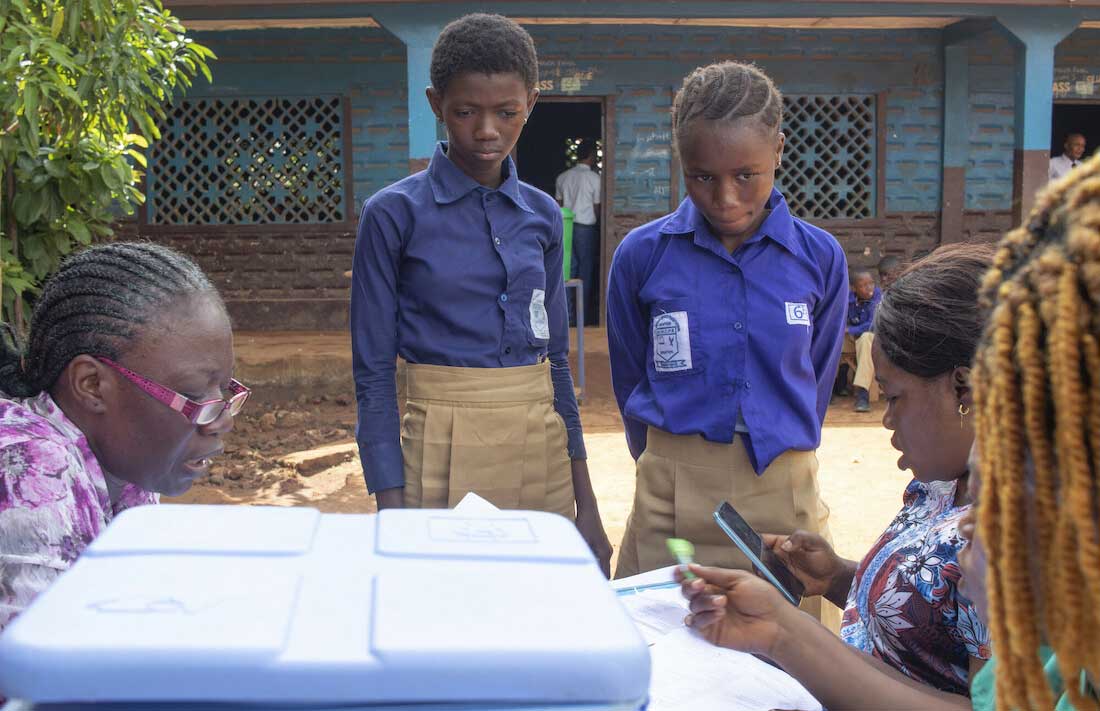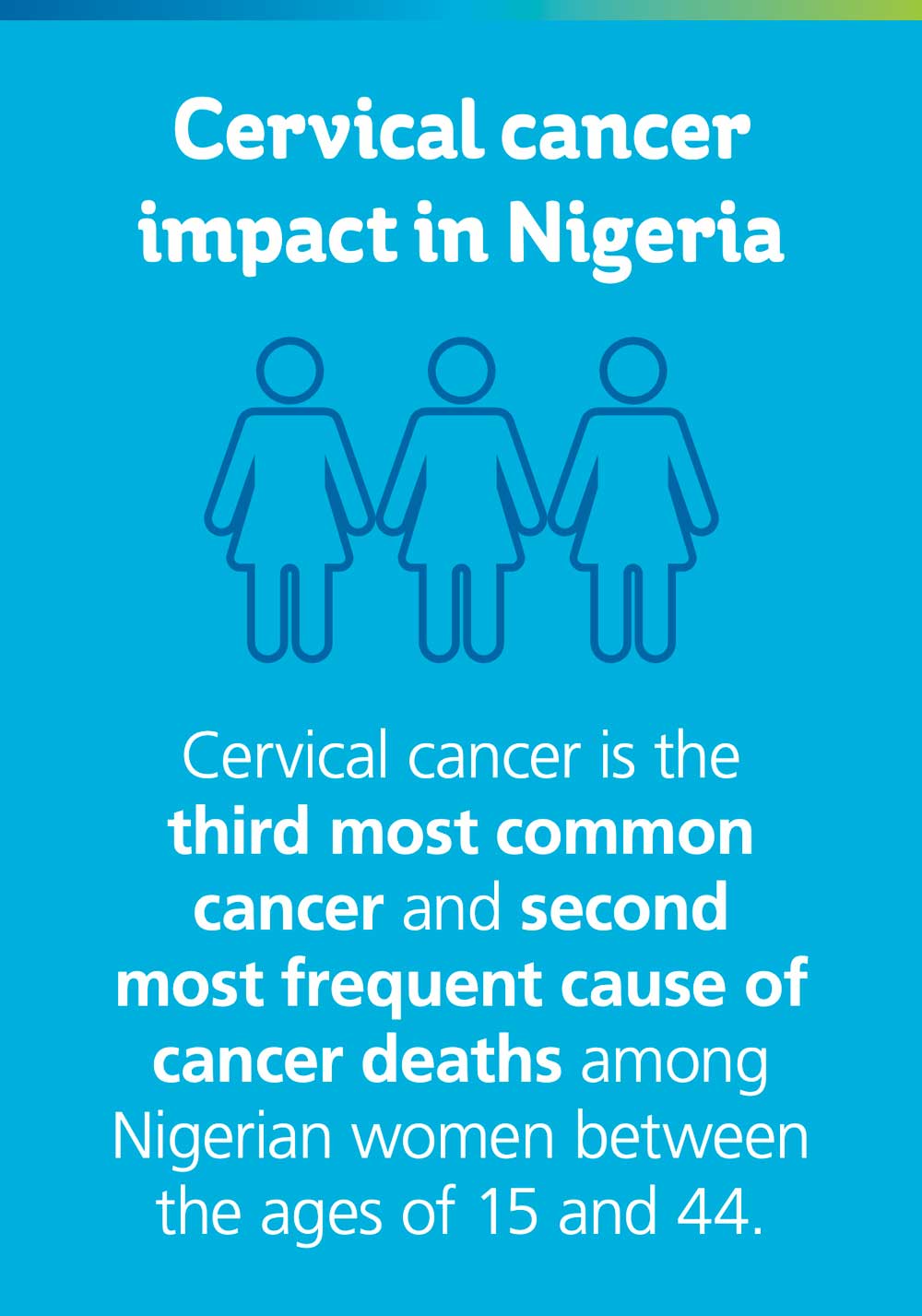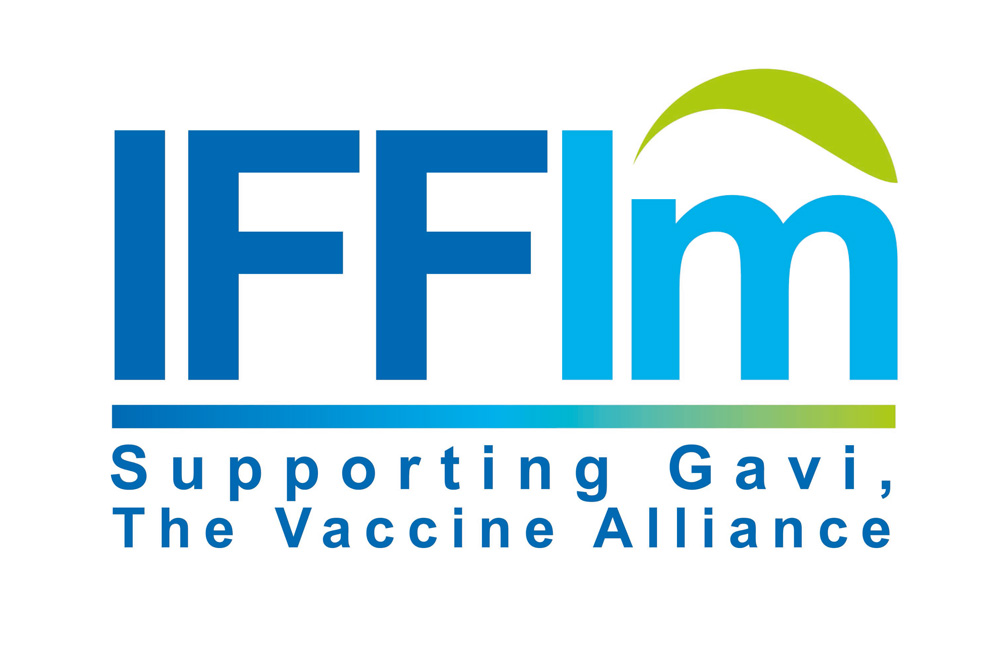HPV vaccines introduced in four new countries, aided by IFFIm funding
- Impact
- HPV vaccines introduced in four new countries, aided by IFFIm funding
HPV vaccines introduced in four new countries, aided by IFFIm funding
16 December 2022

Girls waiting to receive the HPV vaccine at War Wounded Primary School in Grafton District, Sierra Leone. Credit: Gavi/2022/Joshua Kamara.
IFFIm funding for Gavi’s ongoing HPV programmes is helping to prevent this deadly cancer in girls and women.
IFFIm funding for Gavi’s ongoing HPV programmes is helping to prevent this deadly cancer in girls and women
Announcements

In 2022, Gavi celebrated a milestone in the deployment of its HPV programme. HPV vaccines have been introduced into national immunisation schedules in 31 Gavi-supported countries so far, most recently in Kyrgyzstan, Burkina Faso, Lesotho and Sierra Leone.
With growing coverage in wealthier countries, the burden of HPV-related cervical cancer has shifted to lower and middle-income countries, many of which lack reliable access to vaccines and other forms of prevention. Ninety percent of deaths from cervical cancer worldwide occur in these countries.
The HPV vaccine was introduced 15 years ago. Since then, researchers have amassed an abundance of real-world data proving its effectiveness in preventing cervical cancer, the fourth most common cancer among women. The vaccine can prevent up to 90 percent of all cases of cervical cancer, and recent data suggests the vaccine could also reduce the risk of cervical abnormalities returning after surgery.

IFFIm funding for Gavi’s ongoing HPV programmes is helping to prevent this deadly cancer in girls and women. US$ 79.4 million1 in proceeds from IFFIm vaccine bonds have been disbursed to Gavi for HPV immunisation programmes, improving the health outlook for millions of mothers, daughters, partners and sisters.
One such HPV success story is in Lesotho. The initial HPV programme in Lesotho was abandoned in 2015 because of financial constraints. The Lesotho government reintroduced the HPV vaccination programme in April 2022, offering the vaccine in schools.
“These girls are very fortunate,” said Manthati Tšeloa, a food and nutrition teacher at Masianokeng High School in Maseru. “We have been encouraging parents to allow their children to get vaccinated because, in some cases, parents prevent their children from receiving vaccines.”
Sierra Leone, where cervical cancer is the second-most common cancer in women,3 introduced the HPV vaccine to the routine immunisation schedule in October 2022. Sierra Leone is the 19th African country to introduce the HPV vaccine.4 The initiative is targeted to reach more than 150,000 girls in the country. The government has deployed more than 1,400 teams of health workers, community mobilisers and educators to immunise its girls.
“This is a pivotal moment as we seek to eliminate cervical cancer in Sierra Leone. Part of that strategy is vaccination,” said David Moinina Sengeh, Sierra Leone’s Minister of Education who is also Chief Innovation Officer. “The government spends over 20% of our budget on education, ensuring that our children access education, stay in and transition out of school. It will be disastrous for us to invest in children and girls, who then will grow up to have cervical cancer and die just when they are ready to reap the benefits. That is why, for us, it’s so critical that our girls can access preventative methods as well as early detection and treatment.”
2 SITE PROFILE: THE SENKATANA CENTRE OF EXCELLENCE AND THE BOTŚABELO COMPLEX / MASERU, LESOTHO
3 Statistics from the Sierra Leone Cancer registry show that cervical cancer is the second most common cancer (after breast cancer) and the biggest killer of all cancers among women aged between 14 and 44 years old
Share this article
Restricted Access Library
 The material in this Restricted Access Library is intended to be accessed only by persons with residence within the territory of a Member State of the European Union and is not intended to be viewed by any other persons. The material in this Restricted Access Library is provided by IFFIm for information purposes only and the materials contained herein were accurate only as of their respective dates. Certain information in the materials contained herein is not intended to be, and is not, current. IFFIm accepts no obligation to update any material contained herein.
The material in this Restricted Access Library is intended to be accessed only by persons with residence within the territory of a Member State of the European Union and is not intended to be viewed by any other persons. The material in this Restricted Access Library is provided by IFFIm for information purposes only and the materials contained herein were accurate only as of their respective dates. Certain information in the materials contained herein is not intended to be, and is not, current. IFFIm accepts no obligation to update any material contained herein.
Persons with residence outside the territory of a Member State of the European Union who have access to or consult any materials posted in this Restricted Access Library should refrain from any action in respect of the securities referred to in such materials and are otherwise required to comply with all applicable laws and regulations in their country of residence.
By clicking Access restricted content: DYNAMIC-LINK-TEXT I confirm that I have read and understood the foregoing and agree that I will be bound by the restrictions and conditions set forth on this page.
The materials in this Restricted Access Library are for distribution only to persons who are not a "retail client" within the meaning of section 761G of the Corporations Act 2001 of Australia and are also sophisticated investors, professional investors or other investors in respect of whom disclosure is not required under Part 6D.2 of the Corporations Act 2001 of Australia and, in all cases, in such circumstances as may be permitted by applicable law in any jurisdiction in which an investor may be located.
The materials in this Restricted Access Library and any documents linked from it are not for access or distribution in any jurisdiction where such access or distribution would be illegal. All of the securities referred to in this Restricted Access Library and in the linked documents have been sold and delivered. The information contained herein and therein does not constitute an offer for sale in the United States or in any other country. The securities described herein and therein have not been, and will not be, registered under the U.S. Securities Act of 1933, as amended (the "Securities Act"), and may not be offered or sold in the United States except pursuant to an exemption from, or in a transaction not subject to, the registration requirements of the Securities Act and in compliance with any applicable state securities laws.
Each person accessing the Restricted Access Library confirms that they are a person who is entitled to do so under all applicable laws, regulations and directives in all applicable jurisdictions. Neither IFFIm nor any of their directors, employees, agents or advisers accepts any liability whatsoever for any loss (including, without limitation, any liability arising from any fault or negligence on the part of IFFIm or its respective directors, employees, agents or advisers) arising from access to Restricted Access Library by any person not entitled to do so.
"Relief" for mothers in Bayelsa state as malaria vaccine makes waves
07 November 2025
